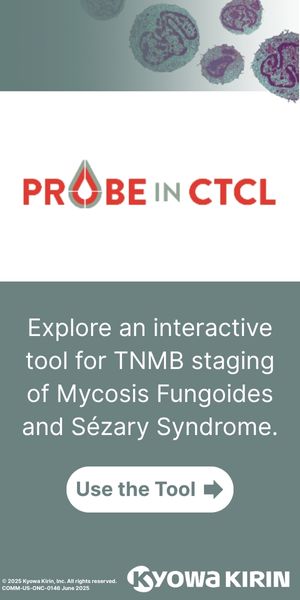The U.S. Food and Drug Administration (FDA) has approved mitapivat (Pyrukynd) for the treatment of hemolytic anemia in adults with pyruvate kinase (PK) deficiency.
PK deficiency is a rare blood disorder caused by an inherited mutation in the PKLR gene. It is characterized by chronic hemolytic anemia and associated with serious complications, such as gallstones, pulmonary hypertension, extramedullary hematopoiesis, osteoporosis and iron overload. Current management strategies for PK deficiency, including red blood cell transfusions and splenectomy, are both associated with risks.
The approval of mitapivat was largely based on positive results from two pivotal studies, ACTIVATE and ACTIVATE-T, conducted in not regularly transfused and regularly transfused adults with PK deficiency, respectively.
The phase 3 ACTIVATE trial evaluated the efficacy and safety of orally administered mitapivat as compared with placebo in participants with PK deficiency who are not regularly receiving blood transfusions. The primary endpoint of the study was the percentage of participants achieving a hemoglobin response. This endpoint was reached with 40% (n=16) of patients randomized to mitapivat achieved a hemoglobin response, compared to 0 patients randomized to placebo (P < .0001). Statistically significant improvements were also demonstrated for all pre-specified secondary endpoints, including markers of hemolysis and ineffective erythropoiesis.
Serious adverse reactions occurred in 10% (n=4) of patients receiving mitapivat, including atrial fibrillation, gastroenteritis, rib fracture and musculoskeletal paint. The most common adverse events were estrone decreased (males), increased urate, back pain, estradiol decreased (males) and arthralgia.
The phase 3 ACTIVATE-T trial assessed the efficacy and safety of mitapivat in participants with PK deficiency who regularly receiving blood transfusions. The primary endpoint was the percentage of participants achieving a reduction in transfusion burden. This endpoint was reached with 33% (n=9) of patients taking mitapivat achieving a transfusion reduction response. The adverse reactions reported in the ACTIVATE-T study were consistent with those observed in ACTIVATE.
To stay up to date with the latest news in rare disease, sign up for one of our many newsletters.

